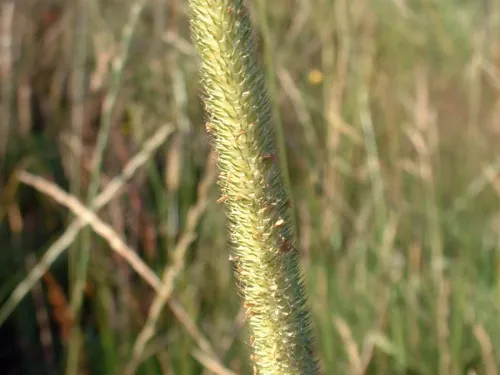
Timothy
Timothy is a grass of meadows, arable land, waste ground and roadside verges. It is also cultivated as fodder for livestock. Look for slender stems and long, cylindrical flower spikes in summer.
Want to learn more about wildlife near you? You're in the right place, search below and discover the nature you can help protect in Kent.

Timothy is a grass of meadows, arable land, waste ground and roadside verges. It is also cultivated as fodder for livestock. Look for slender stems and long, cylindrical flower spikes in summer.
Toadflax-leaved St John's-wort has star-shaped, bright yellow flowers. It is a rare plant, with most of its population existing on Dartmoor. It likes steep, sunny slopes, acidic soils and plenty of space.
This clown-like fish is a favourite amongst divers and snorkellers. They are inquisitive little souls and will investigate divers near their hidey-hole homes.
This slender and elegant shark species is often found close to shore all around our coasts and can grow up to 6 feet long.
Tormentil can be found growing on acid grassland, heathland and moorland, but even pops up alongside roads. It bears yellow, buttercup-like flowers, but with only four petals (buttercups have five).
The fluffy, white seed heads of Traveller's-joy give it the evocative, alternative names of 'Old Man's Beard' and 'Father Christmas'. A clematis-like climber, it can be seen scrabbling over hedgerows and in woods.
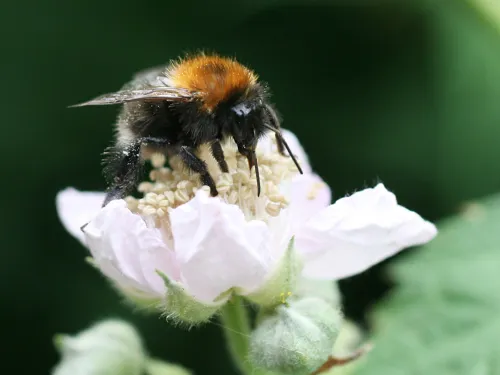
The Tree bumblebee is a new arrival to the UK. First recorded here in 2001, it is slowly spreading north. It prefers open woodland and garden habitats and can be found nesting in bird boxes and roof spaces.
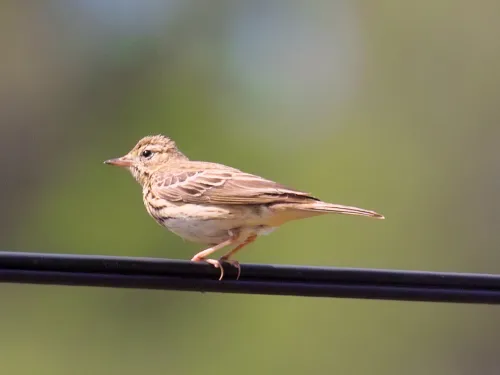
This streaky brown bird is a summer visitor to Britain, favouring open woodlands in the north and west.
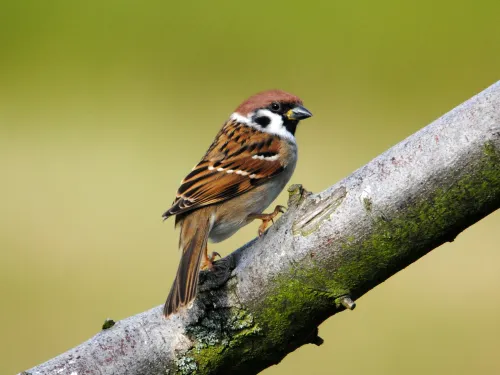
A scarce and declining bird, the tree sparrow can be spotted on farmland and in woodlands; it is not an urban bird in the UK. It has a brown cap and black cheek-spots, unlike the similar house sparrow.
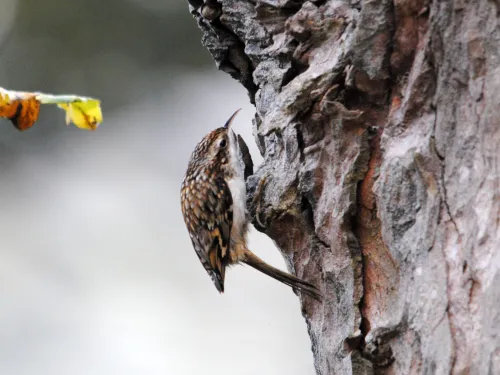
The fine, downcurved bill of the treecreeper makes this tit-sized bird unmistakeable. Look out for it in woodlands and parks, literally 'creeping' around tree trunks.
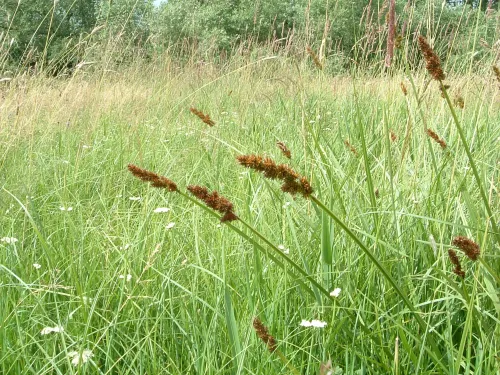
The true fox-sedge is a rare and threatened plant in the UK. It relies on lowland floodplain meadows and damp habitats, which are rapidly disappearing. Look for reddish-brown flowers in summer.
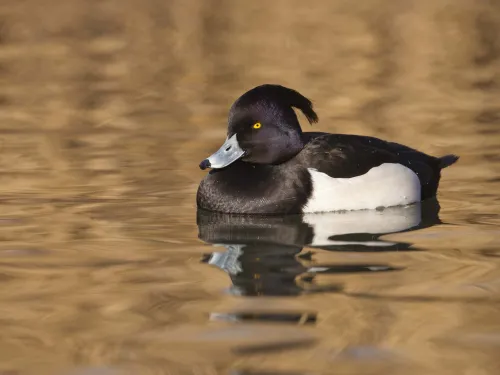
This comical little duck lives up to its name – look out for the black tuft of feathers on its head!